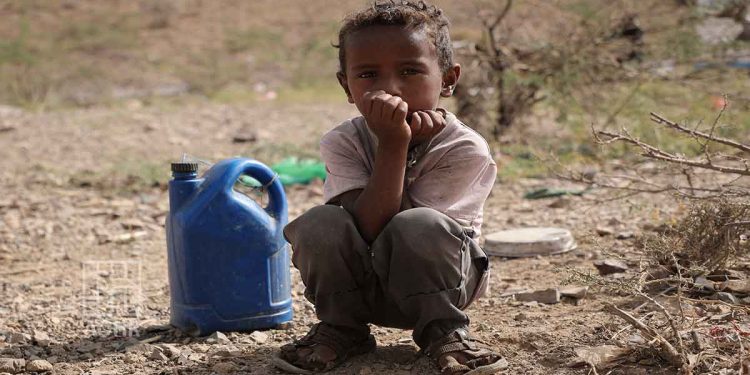Three United Nations agencies have issued a grave warning about the deepening food insecurity crisis in government-controlled areas of southern Yemen, where more than half the population is now at risk of acute hunger in the coming months.
In a joint statement, the Food and Agriculture Organization (FAO), the World Food Programme (WFP), and UNICEF revealed that approximately 4.1 million people in the south are currently experiencing crisis levels or worse of food insecurity. Of these, 1.5 million are in emergency conditions. Without immediate and sustained aid, the number is expected to rise to over 5 million between September 2025 and February 2026.
The agencies attribute this catastrophic situation to a combination of worsening economic collapse, a record devaluation of the local currency, ongoing conflict, and climate-related shocks. The exchange rate has plummeted to 2,750 Yemeni riyals per U.S. dollar, driving food and essential commodity prices far beyond the reach of ordinary Yemenis.
To respond to the crisis, the UN agencies say they are redirecting their humanitarian efforts toward the most affected areas. Their interventions now include integrated programs providing food assistance, nutritional support, healthcare, water access, and sanitation services.
This humanitarian deterioration is not only a food crisis—it is a broader human rights emergency that strikes at the core of the right to life, dignity, health, and access to food. Hunger in Yemen is not an inevitable fate but the direct consequence of a prolonged conflict, economic failure, climate vulnerability, and an alarming lack of international political will.
Ending this crisis demands urgent political action and a principled humanitarian response, one that transcends narrow interests and focuses on preserving the minimum threshold of human dignity for millions of exhausted Yemenis.


























